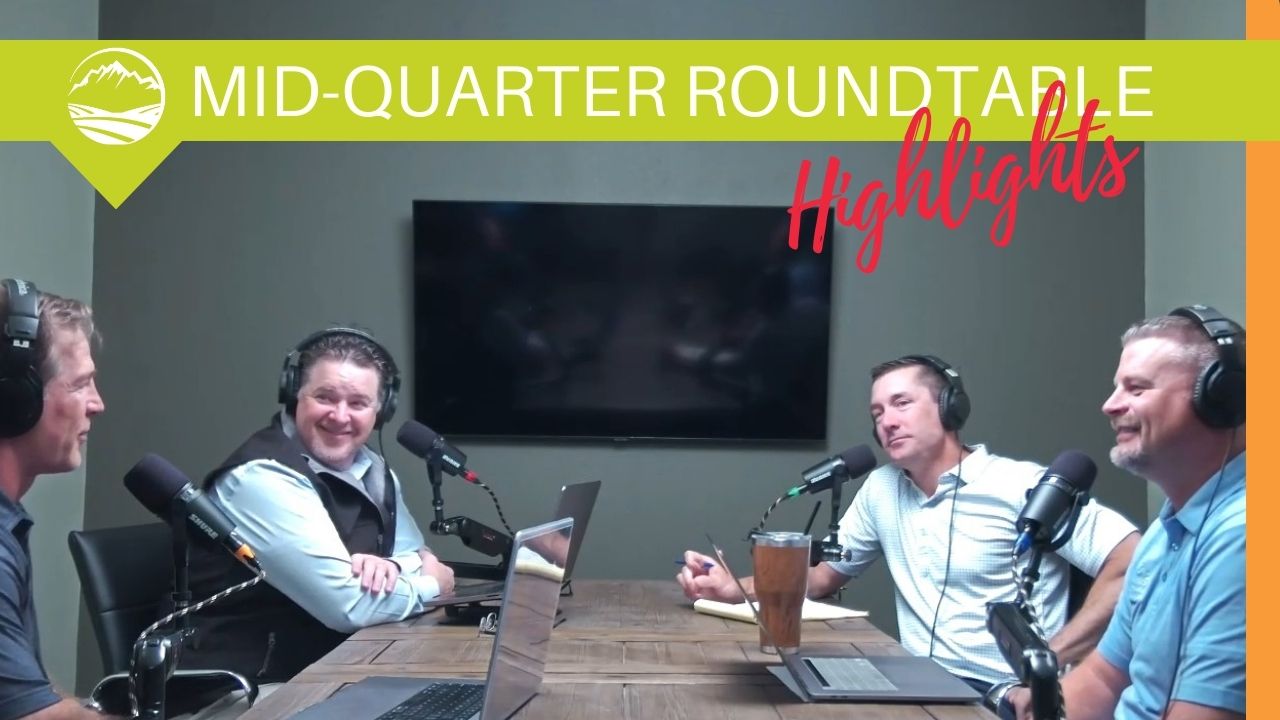You are now leaving the Strong Valley Wealth & Pension, LLC ("Strong Valley") website. By clicking on the "Schwab Alliance Access" link below you will be entering the Charles Schwab & Co., Inc. (“Schwab”) Website. Schwab is a registered broker-dealer, and is not affiliated with Strong Valley or any advisor(s) whose name(s) appears on this Website. Strong Valley is/are independently owned and operated. Schwab neither endorses nor recommends Strong Valley. Regardless of any referral or recommendation, Schwab does not endorse or recommend the investment strategy of any advisor. Schwab has agreements with Strong Valley under which Schwab provides Strong Valley with services related to your account. Schwab does not review the Strong Valley website(s), and makes no representation regarding the content of the Website(s). The information contained in the Strong Valley website should not be considered to be either a recommendation by Schwab or a solicitation of any offer to purchase or sell any securities.

Know your Risk Tolerance number. It's a quantitative way to pinpoint how much risk you want, how much risk you currently have in your portfolio, and how much risk you need to take to reach your goals. Understanding your risk tolerance can help guide your investment decisions and help you sleep more soundly at night.

Risk tolerance is a highly individual matter. A portfolio that keeps one investor awake at night may let another sleep soundly. However, investors must be willing to accept a certain risk level to receive investment returns in the form of interest or capital gains.
All investments carry a tradeoff between risk and return—generally, the higher the risk, the higher the potential return—or loss. Conversely, the lower the risk, the lower the potential return or loss. The goal is to find the right level of risk that provides the returns you need, while letting you get a good night’s rest.
Temperament, age, stage in life, investment experience, financial goals, and time horizons are all factors that affect one’s risk tolerance. Following is a brief discussion of some of these points to help you assess your own personal risk tolerance:
It is prudent to assess your risk tolerance before beginning an investment program. Then, reassess it periodically as you progress through life’s major stages, such as when starting a family, changing jobs, or approaching retirement. Understanding your risk tolerance can help guide your investment decisions, and help you sleep more soundly at night.
Follow up with a Strong Valley financial advisor to better understand the context of your unique goals and situation.




Notifications